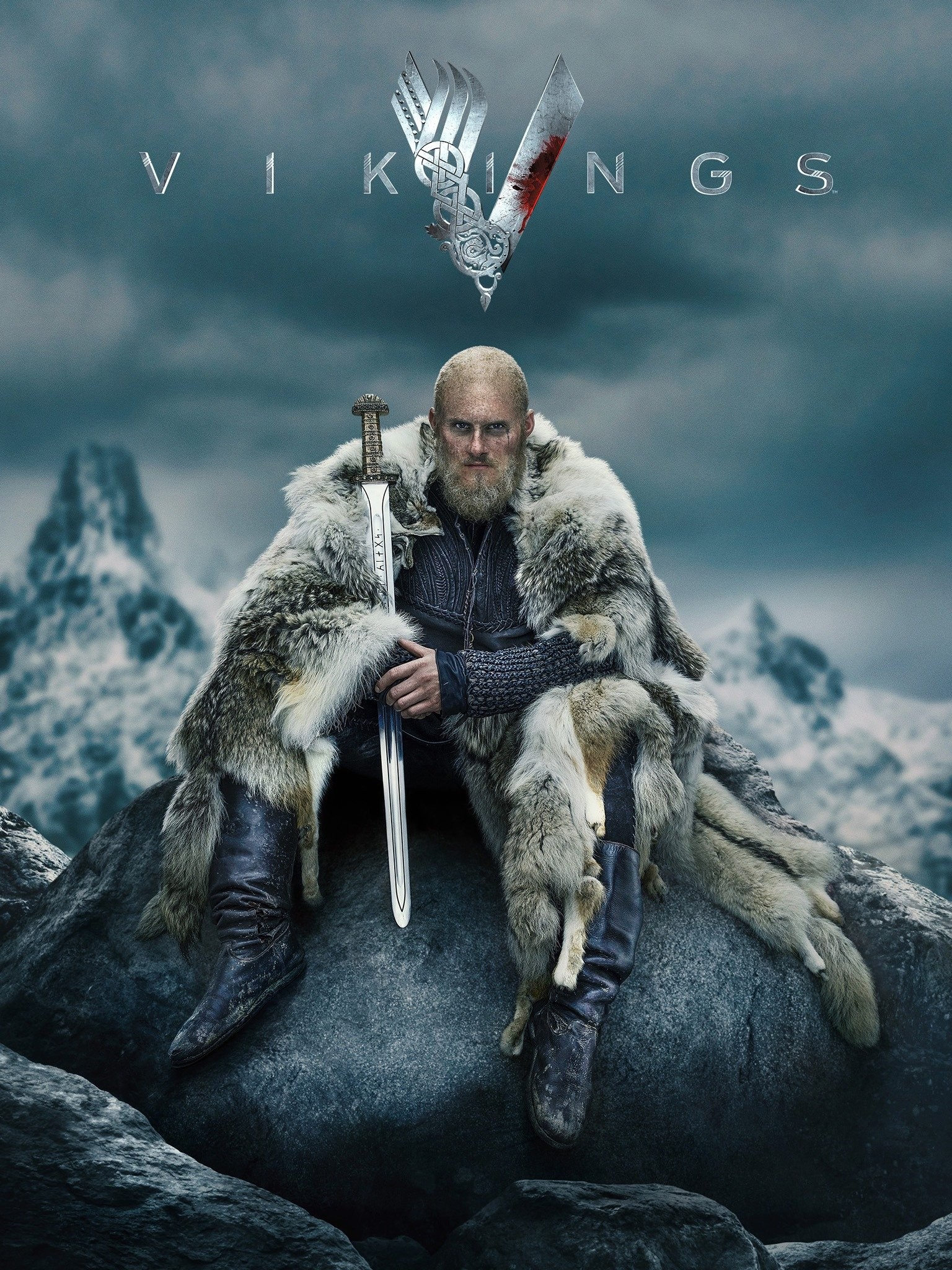
The Vikings, often depicted as bloodthirsty raiders in popular culture, were far more complex than simple pirates. Spanning centuries, from the late 8th to the early 11th centuries, their impact on Europe and beyond is undeniable. Their seafaring prowess allowed them to establish trade routes and settlements across vast distances, leaving a lasting legacy in the genetic makeup and cultural landscape of many regions. Understanding the nuanced reality of Viking life requires going beyond the stereotypical image.
Beyond the Stereotype: Viking Society
Viking society wasn't a monolithic entity. It comprised various social strata, from powerful chieftains to skilled craftsmen and farmers. Their societal structure was closely tied to their religion, with beliefs centered around Norse mythology and powerful gods like Odin and Thor. Evidence suggests a sophisticated system of laws and governance, with established social hierarchies and intricate kinship networks. While raiding was a part of their existence, it wasn't their sole occupation; trade and agriculture played equally significant roles in their economy.
Viking Exploration and Expansion
The Vikings were master navigators and shipbuilders, their longboats enabling them to explore and conquer vast territories. Their voyages reached as far as North America (L'Anse aux Meadows), Greenland, and even parts of Russia, leaving behind a trail of settlements and cultural exchanges. These expeditions were not solely driven by conquest; the allure of trade and the search for new resources were also powerful motivating factors. Their travels significantly impacted the political and social landscapes of the regions they encountered.
The Legacy of the Vikings
The influence of the Vikings extends far beyond their era. Their language, Old Norse, contributed significantly to the development of modern Scandinavian languages. Their artistic achievements, particularly in metalwork and craftsmanship, continue to inspire awe. The impact of their settlements and trade routes are still visible in the cultural heritage of many countries, from place names to architectural styles. Their story is a testament to the remarkable seafaring abilities and cultural resilience of a people who shaped the course of history.
Unraveling the Myths
Many misconceptions surround the Vikings, fueled by popular culture and limited historical evidence. Separating fact from fiction requires careful scrutiny of available sources and a nuanced understanding of their historical context. While their raiding activities were undoubtedly brutal, their societal structures, religious beliefs, and artistic achievements demonstrate a richer and more complex civilization than often portrayed.
The Enduring Appeal of the Vikings
The enduring fascination with the Vikings stems from their captivating blend of exploration, conquest, and mythology. Their legendary status is a testament to their impact on history and the enduring human interest in tales of daring adventure and cultural dynamism. The ongoing archaeological discoveries and historical research continue to reveal new facets of their lives, prompting a deeper understanding of this remarkable civilization.


/cdn.vox-cdn.com/uploads/chorus_image/image/73792035/2189824078.0.jpg)



/cdn.vox-cdn.com/uploads/chorus_image/image/73792035/2189824078.0.jpg)



0 Comments